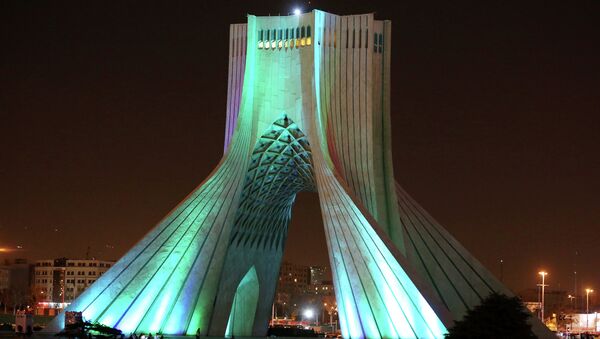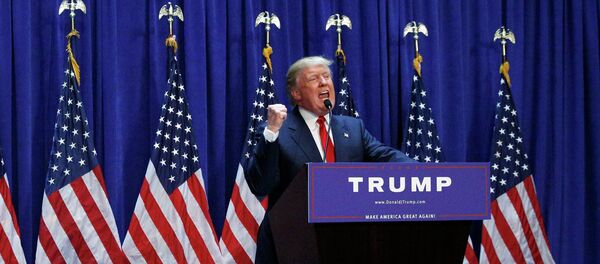Yakov Kedmi, a retired high-ranking Israeli intelligence official, told Sputnik that the United States, while engaging in the negotiations on the deal, drew a conclusion that military operation would delay Iran's nuclear program development for a year or two, which they considered useless.
"This deal delays nuclear weapons development in Iran for at least 10 years," Kedmi said, adding that the US administration is more preoccupied with the tenacious Iranian leadership that remains in place despite sanctions and coup attempts.
According to the final text of the nuclear agreement, Iran will under no circumstances seek to develop or acquire a nuclear weapon.
"The agreement could be a first step toward easing Iran’s political isolation. If, as [Iranian] President Rouhani suggested today, the agreement represents for Iran 'a new development in cooperation with the world' then perhaps Iran can begin to break down the walls that separate it from its neighbors and from the rest of the world," Executive Director of the Project on Managing the Atom at the Belfer Center for Science and International Affairs at Harvard University Martin Malin said.
He observed that concerns about Iran’s regional role, its activities in Syria, Lebanon, and Yemen, voiced by neighboring states, the United States and several other countries, remained.
According to Malin, there are no guarantees that Iran will never produce its own nuclear weapon. On the other hand, if the deal is implemented, this possibility will reduce. Over the next 10-15 years, Iran will not develop nuclear arms, he stressed.




